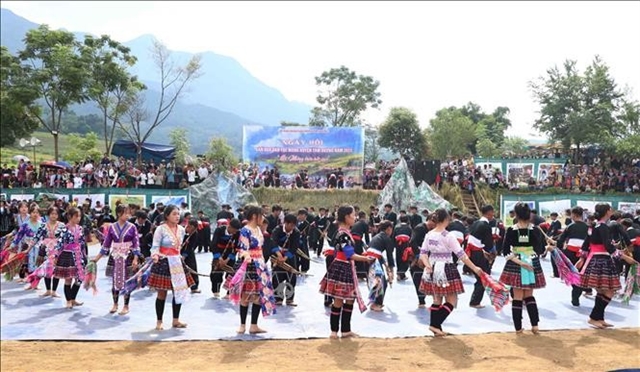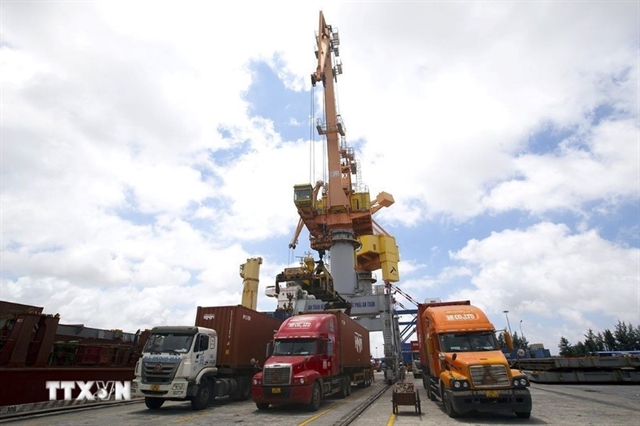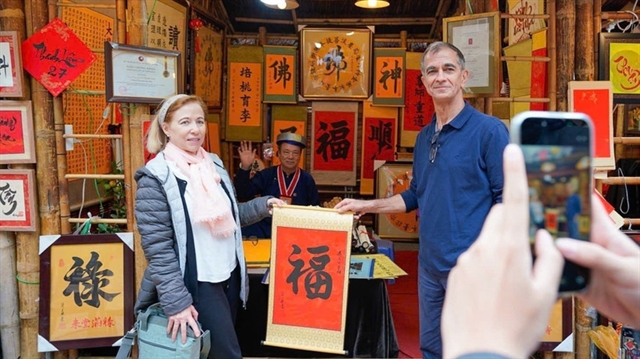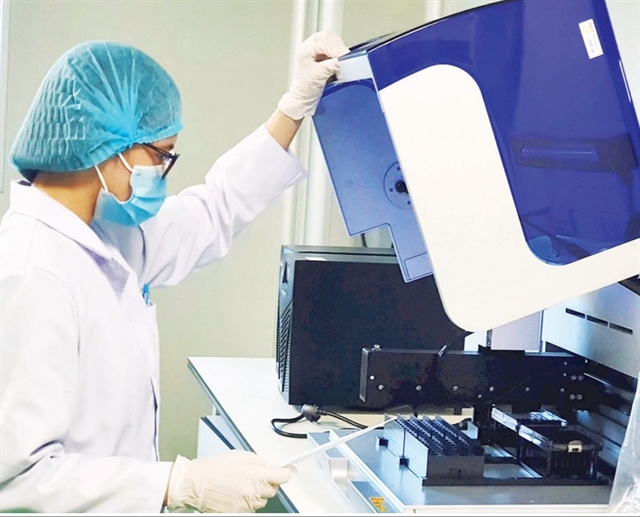 Society
Society
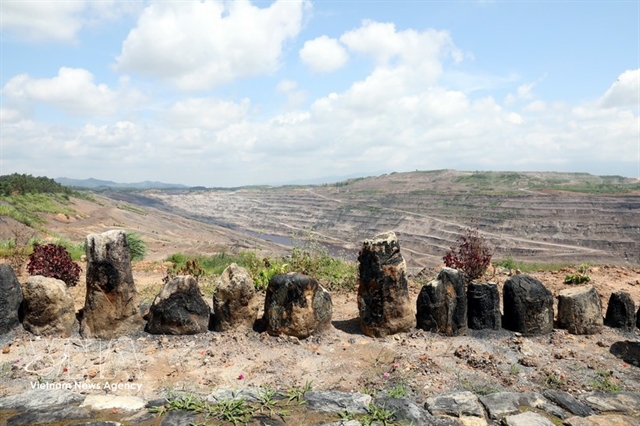
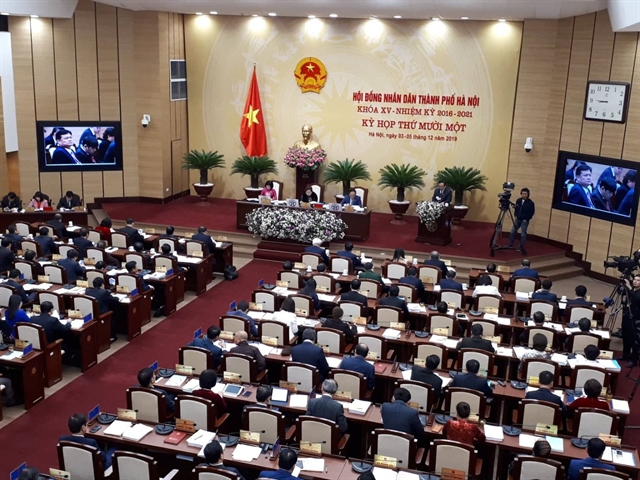
|
| The 15th Hà Nội’s People’s Council begins its 11th session yesterday in Hà Nội. VNA/VNS Photo |
HÀ NỘI The 15th Hà Nội’s People’s Council kicked off its 11th session yesterday, during which the impacts of environmental pollution and urban traffic on local people and measures needed to solve the issues were top of the agenda.
Over the three-day meeting, the city’s People’s Council will review the city’s socio-economic performance in 2019, and outline tasks for 2020 – the final year of the national five-year plan for socio-economic development.
After summarising the recommendations of constituents from 30 districts and townships, environmental pollution and urban traffic were among the issues that received the most concern.
Speaking at the session, Nguyễn Lan Hương, chairwoman of the city’s Fatherland Front Committee, said many constituents were worried about increasing environmental pollution risks, proven by the excessive levels of hazardous particles such as PM2.5, NO2 and SO2, and the water pollution crisis caused by the Đà River plant.
Many constituents suggested the factories should be relocated out of the inner city so the land could be transformed into parks.
A municipal project to clean up the Tô Lịch River had failed to deliver, and flooding continued to occur after heavy rains, causing serious pollution in surrounding areas.
Constituents from many districts also complained about wastewater being discharged into the river, causing mass fish deaths and a horrible smell, while affecting the quality of underground water sources in Chương Mỹ and Mỹ Đức districts.
In addition, industrial waste from craft villages remained unsolved. It was mostly burnt due to insufficient garbage collection. Constituents from Mê Linh District asked the city to halt the construction of the Thanh Tước Cemetery Park due to the risks of environmental pollution.
Hương said the city needed to take measures to speed up the implementation of wastewater projects, tighten penalties for environmental violations and report its progress to the Government.
Urban traffic management
In terms of urban traffic management, many constituents were concerned about increasing congestion in the city.
They asked the city to speed the construction progress of the Ngã Tư Sở-Minh Khai Crossover Walkway and put the long-delayed Cát Linh-Hà Đông Urban Railway into operation to reduce traffic jams.
A series of recommendations were made to improve the traffic situation, including the installation of pedestrian traffic lights at the Hoè Nhai - Phan Đình Phùng, Kim Mã Thượng – Liễu Giai, and Nguyễn Văn Ngọc - Đào Tấn intersections in Ba Đình District, a lane for 45-seat cars on Lò Sũ Street in Hoàn Kiếm District, and the expansion of the dyke system in Long Biên District.
Constituents suggested the city allocate money to upgrade roads in the future.
Other issues discussed included delayed construction projects and abandoned farmland, which caused a loss to the State budget and affected the lives of local people.
Speaking at the session, National Assembly Deputy Chairman Uông Chu Lưu praised the city’s achievement in all fields, especially the sustainability of economic growth.
Lưu suggested the city continue implementing timely and effective solutions to stabilise the macro-economy and ensure social security.
In addition, Lưu said the city needed to co-ordinate closely with ministries, central agencies and localities to effectively implement administrative and judicial reform, streamline the political system, and improve the effectiveness and efficiency of State management.
The city’s Party Secretary Hoàng Trung Hải asked delegates on the city’s People’s Council to discuss the situation and give detailed targets for socio-economic development, national defence, and the finance and budget for public investment in 2020.
The council is scheduled to spend a day holding a question and answer session, focusing on the management of urban and rural planning, the management of non-public schools, and the fight against crime and legal violations in the city. VNS

